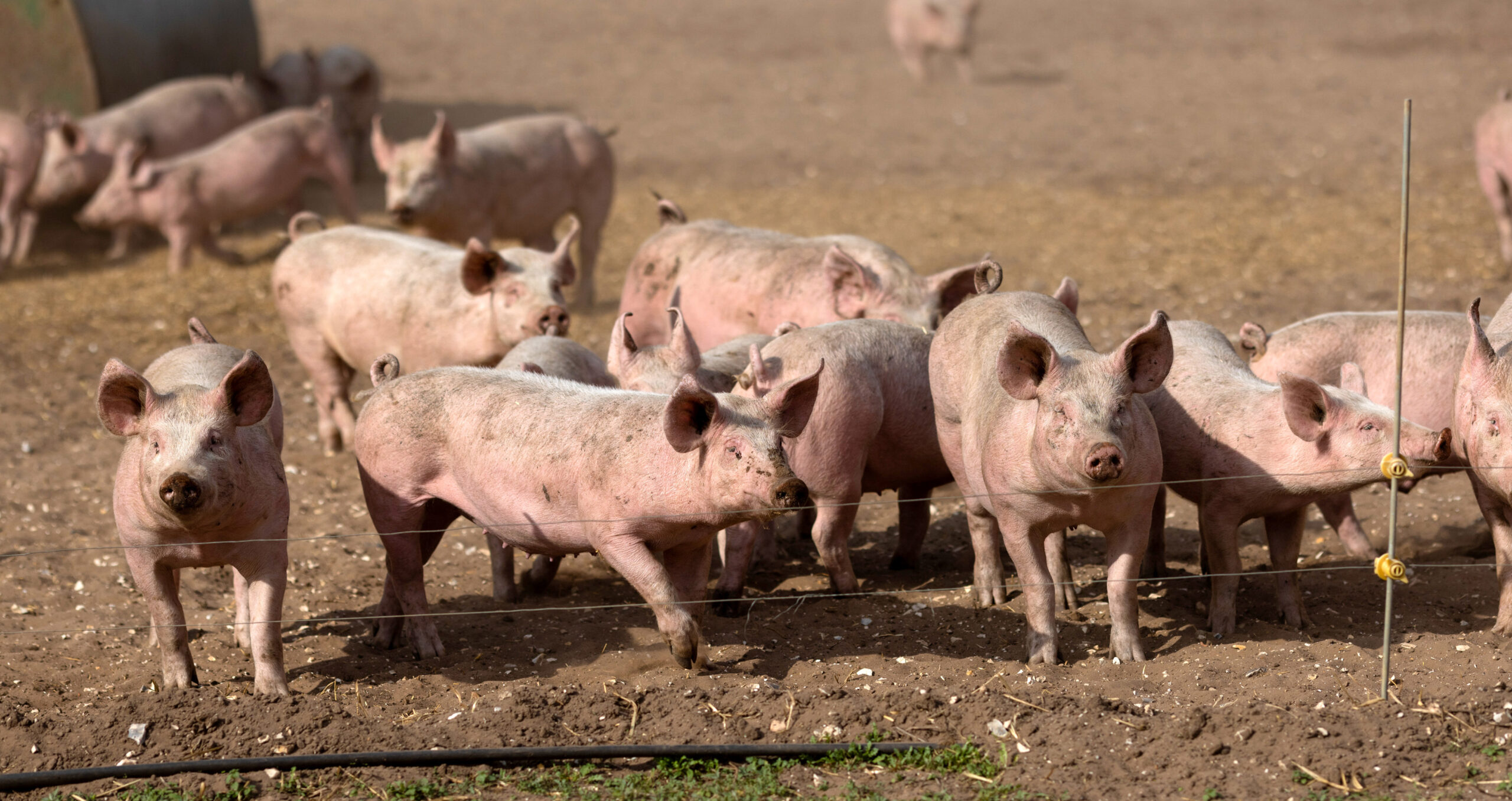
April 17, 2024
Organic and free-range meat has higher environmental impact, says WRI report

Meat and dairy produced using organic, grass-fed, pasture-raised and free-range methods generate higher emissions than conventional counterparts, research finds
Sustainability efforts should focus on people consuming less meat, given that “better meat” — including organic, grass-fed, pasture-raised and free-range meat — often results in a higher environmental impact than “conventional meat”, according to a study by the non-profit World Resources Institute.
To continue reading
Request Free Trial- Unlimited access to all content
- Email alerts highliting key industry insight.
- Invitations to attend exlusive roundtables and events.
- The Sustainable Views Policy Tracker - deep insight on ESG regulations and deadlines
Already a subscriber?Log in
Similar Articles

April 29, 2024
UK companies backslide on progress towards Paris Agreement
UK companies are decarbonising at a slower rate than they were in 2022
read more
April 26, 2024
A UK Labour government should lift £3.3bn cap on ‘local power plan’ and invest in community-owned energy
If elected, a Labour government should end the stagnation of community-owned energy in the UK, says non-profit Common Wealth
read more
April 24, 2024
Importing low-carbon chemicals and steel can lower costs of transition
Some countries will struggle to produce renewable energy in sufficient quantities to decarbonise heavy industry
read moreA service from the Financial Times

